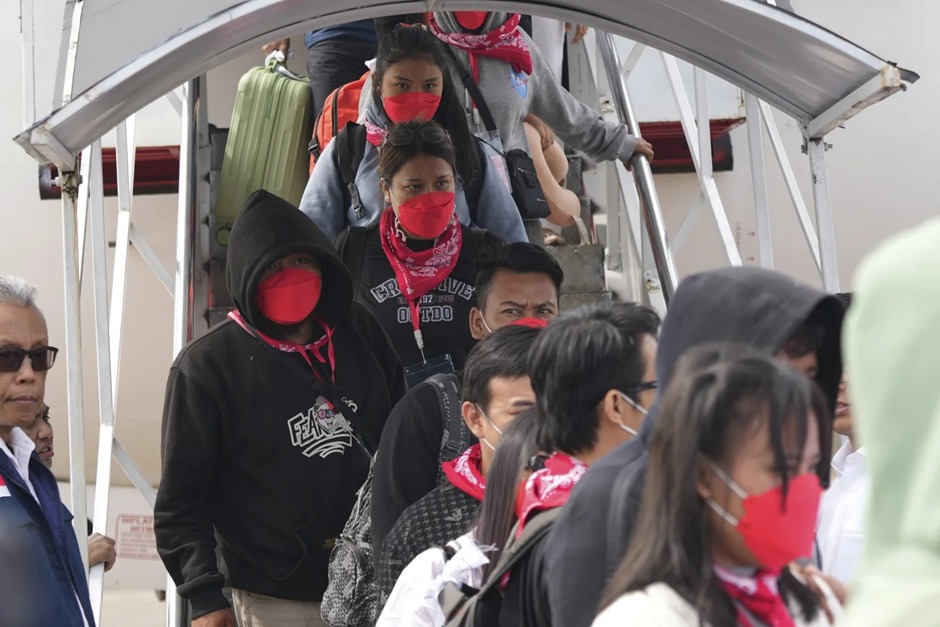Transnational crime syndicates rooted in East and Southeast Asia are rapidly expanding their global footprint, spreading sophisticated scam operations across continents in response to mounting pressure from law enforcement, according to a new report from the United Nations.
For years, these scam centers have thrived in Southeast Asia—particularly in border regions of Cambodia, Laos, and Myanmar, and throughout the Philippines—constantly relocating to evade police scrutiny. These hubs have become notorious for orchestrating large-scale fraud through fake romantic schemes, phony investment pitches, and illegal online gambling.
Now, their reach is extending far beyond Asia. The latest report from the U.N. Office on Drugs and Crime (UNODC), titled “Inflection Point: Global Implications of Scam Centers, Underground Banking and Illicit Online Marketplaces in Southeast Asia,” reveals that these criminal operations are emerging in Africa and Latin America, capitalizing on weak enforcement environments and expanding rapidly into global markets.
“This reflects both a natural expansion as the industry grows and seeks new ways and places to do business,” said Benedikt Hofmann, acting regional representative for UNODC Southeast Asia and the Pacific. “But also a hedging against future risks should disruption continue and intensify in Southeast Asia.”
According to UNODC estimates, hundreds of industrial-scale scam centers now rake in nearly $40 billion in annual profits. While Southeast Asia remains the core, syndicates have been detected operating in South Asia, the Middle East, select Pacific islands, and even in Europe and North America—engaging in not only fraud but also money laundering, human trafficking, and the recruitment of forced labor.
Nigeria has emerged as a hotbed in Africa, with law enforcement raids in late 2024 and early 2025 uncovering operations linked to East and Southeast Asian nationals involved in romance and crypto scams. Authorities in Zambia and Angola have also disrupted cyberfraud rings with similar connections.
In Latin America, Brazil is increasingly confronting a wave of cyber-enabled crime, online gambling, and money laundering, some of which has been tied directly to Southeast Asian criminal groups. In a particularly chilling case from Peru, over 40 Malaysian nationals were rescued in late 2023 after being trafficked by the Red Dragon syndicate—an outfit based in Taiwan that forced them into cybercrime.
UNODC’s report also confirms growing enforcement actions against scam networks in the Middle East and several Pacific islands.
What’s even more alarming is that this expansion isn’t just about territory—it’s about technology. Criminal groups are embracing tools like stolen data marketplaces, AI-driven fraud, malware, and deepfake technology to professionalize their operations and scale them globally. These advances have paved the way for what UNODC now describes as “crime as a service”—a growing industry of outsourced digital crime infrastructure.
“The convergence between the acceleration and professionalization of these operations on the one hand and their geographical expansion into new parts of the region and beyond on the other translates into a new intensity in the industry—one that governments need to be prepared to respond to,” Hofmann warned.

